6 Jun 2024
JETAA News
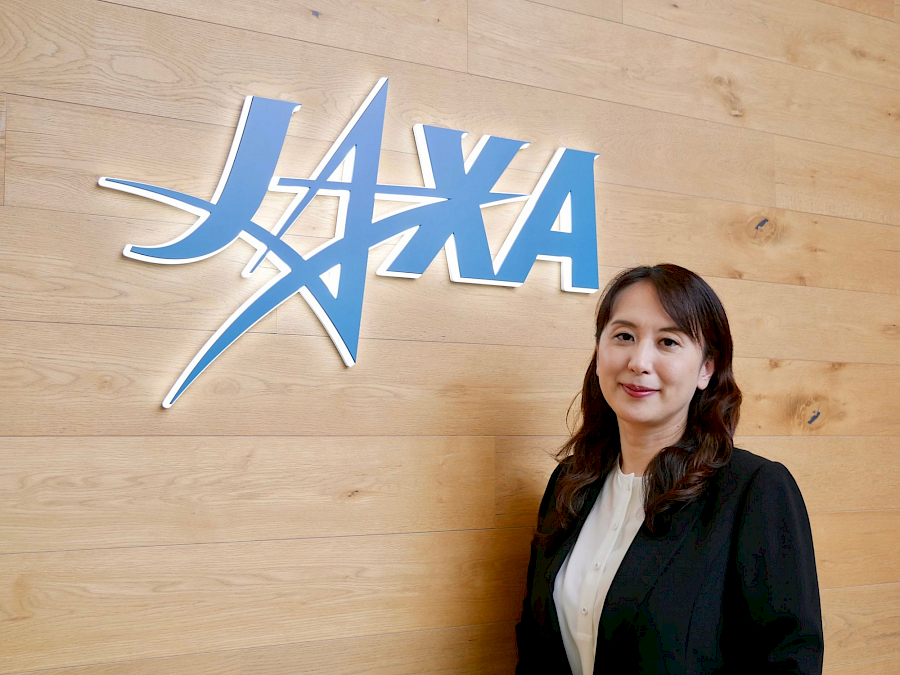
20th May 2022
Interview with the Director for Space Education at JAXA
Dr. Tomoko Lisa Kate Kitagawa (who usually goes by kate) is the newly appointed director of the Space Education office of the Japan Aerospace Exploration Agency. She helps inspire students from Nursery to High school to get interested in the cosmos, as well as organise events for adults. In the past she has also been a writer, historian and broadcaster.
"I recently moved to Japan. I was living in Oxford. The first time I came to the UK, I was living in Cambridge, and that's like a completely different place. Well, not completely, but many people feel Oxford and Cambridge are the same thing. I quite liked Oxford, I don't know quite how I ended up here, but after 23 years of living abroad, I decided to take this work that is really interesting. It is my new challenge."
Dr Kate Kitagawa will be talking at the Science museum London, along with, Ms Hiroko Tsuzuki, Ms Sachiko Itoh, and Ms Asami Saitoh (Space Education Centre, Japan Aerospace Exploration Agency, JAXA) on Tuesday the 28th of June 11:00–12:00
You can take part here:
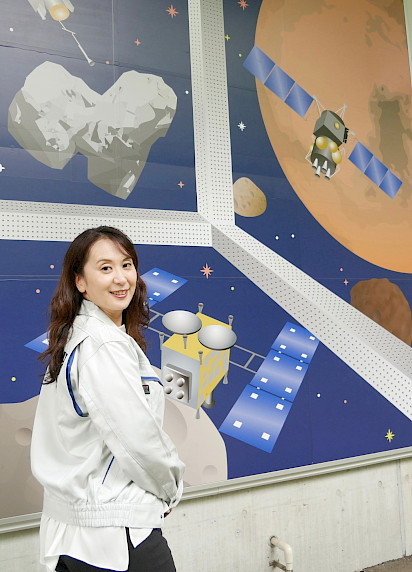
Has any of your knowledge as a historian helped you in your current position?
"I think so, because space science has been very much the core of science. History is normally outside of this field, but combining them together, they can become a very strong educational tool. Combining space science and history, or my writing skills, will greatly help and enhance the way we teach what it's all about to be living in the universe and where we are. I think there is great potential to combine my background with space education. "
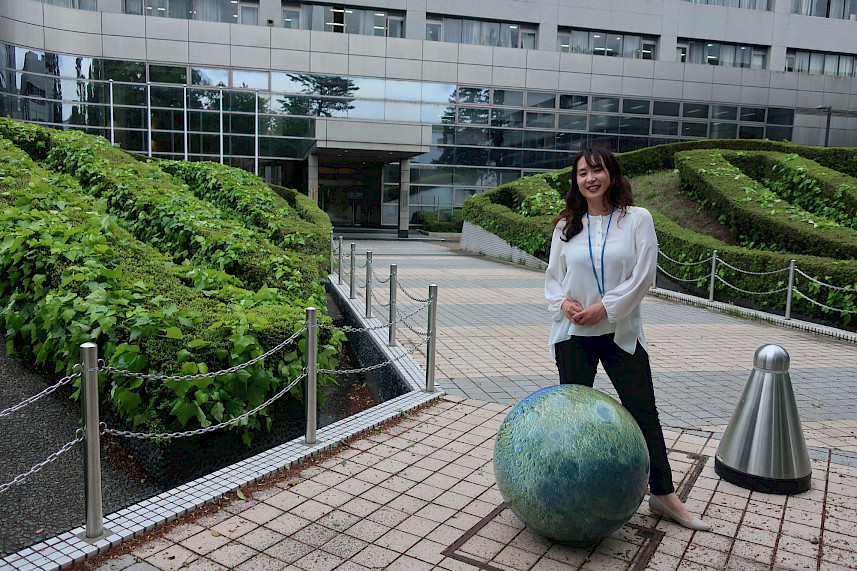
Why is cross-cultural communication important to space education?
Kate explained how she had moved to Vancouver when she was younger and what an impact this had on her. "Canada is a country of immigrants, so when I went there, it wasn't cross-cultural. When I went there I wasn't Just Japanese, I was Canadian as well because everybody could be Canadian. That kind of thing is called multiculturalism."
"[Whilst in Canada] I started to think about things without having scientific borders, or national borders. Multiculturalism is something that I feel is very important to science and also humanities. Cross-cultural is important to Japan and the UK, but in a larger context, I feel it's almost always multiculturalism and multicultural interactions."
"Cross-cultural or cross-borders is a critical part of developing science, especially currently for space education. In space science, we need to collaborate, so we need to have similar questions. We need to collaborate to get samples or to explore the different planets. All those things have no borders. In a sense, if we really want to explore what humans are looking for together, it is critically important not to see the borders."
"We have to focus more on the passion without borders"
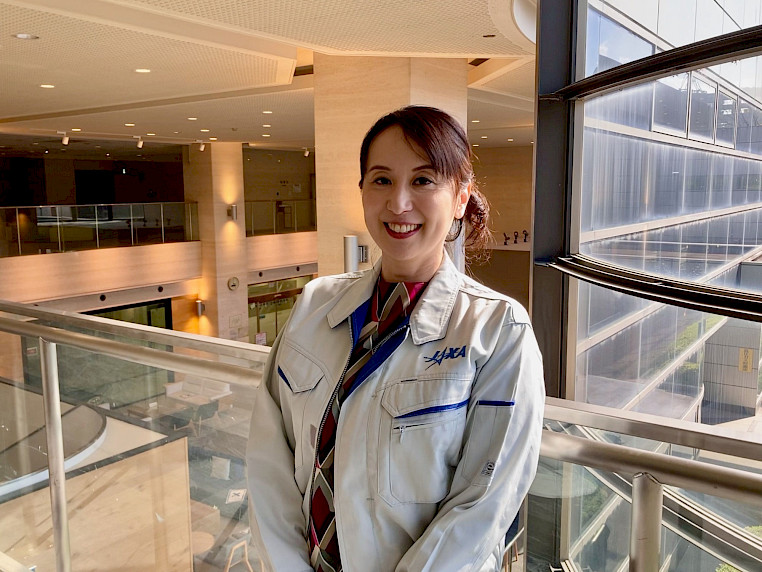
How can the UK institutions be more welcoming of international talent?
"It's a difficult question, especially under the Corona situation, because of the closures of the borders and border restrictions. One thing that I realised, especially through the Space seminars, is that we can use technology to do something that we can't do physically, and by doing so, we can be connected with someone who we would never meet. I think in a way, these space seminars were a way for me to get out of Oxford."
"I think the way to be communicating with JAXA people, you know, engineers and historians, different sorts of people with specialities at JAXA. They responded to it positively, and I think that that brought the London science museum more diversity and had some opportunities to learn about [Japan] without going there. I think that was a great sort of idea, to have the education online, and we should probably keep doing that even if we can start travelling again more physically. We will do both. Online education was something I felt was much more valuable and that we should be keeping."
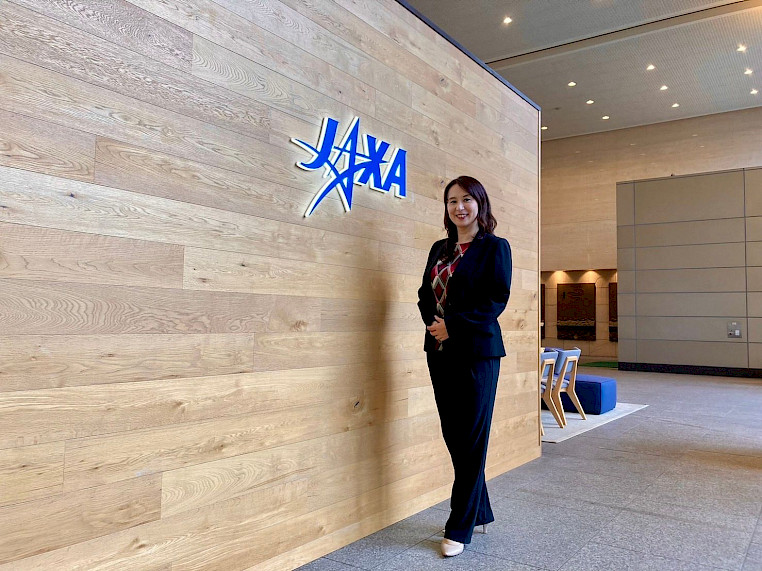
Did any teachers encourage you to have a more international mindset?
"Well, surprisingly, the answer is that it was my Japanese teacher. It wasn't my English teacher but my Japanese teacher at my junior high school. He was teaching me what language meant or what learning a language meant. At that time, he was saying that language is an expression of you, of all of you. in Japanese it is, Kotoba wa zenjin kaku no hyougen; It is something that represents you. That philosophical way to approach language, that really hit me hard. I carried on exploring what kind of languages I could learn. English was the first one, and I had never spoken a word of English before I left Japan, so that was amazing that I learnt a new language at the age of 17, but I also started to learn French in my grad school years and German when I went to live in Germany. At that time, I had more of a respect for languages. It was more about knowing people; what kind of words and expressions they use. I think that teacher really taught me what language meant in general, and that really left me with a good impression that grew with me through my years abroad."
"That was a really big contribution to my career. Without learning language, or without using languages, I would never be here. That was a great thing that my Japanese teacher taught me that I will never forget."
"Educators in general, I really admire people who really try to encourage and embrace people's talent. Because I was following those teachers, I was able to pull out different sides of my talents. If my History teacher says I can write, Maybe I can write!"
"Those kind of teachers that tell one about the great sides that one has, I wanted to be a teacher like that. Not criticising or pointing out the weaknesses but instead, shape people to see their great side. Those were the teachers that really influenced me throughout my school years. So I tried to be a teacher like that when I was teaching at Harvard."









